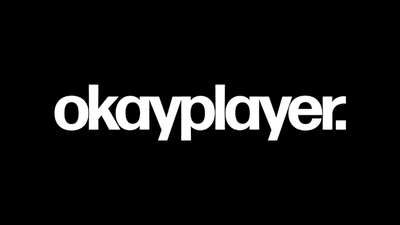Twitter Restores White Nationalist Group Leader's Account
Twitter has restored the account of a white nationalist group leader, after originally suspending it less than a month ago.
According to a report from the New York Times, Twitter allowed Richard Spencer to reactivate his account this past Saturday. However, the social media company did not allow Spencer to reactivate several of his other accounts (including ones for his National Policy Institute group and publishing wing), because they violate Twitter's rule against creating multiple accounts with overlapping uses.
In a telephone interview this past Tuesday, Spencer said that he suspected the suspensions were "purely an ideological thing."
"It's hard for me to believe that wasn't a major factor, to be honest," he said.
Spencer is associated with popularizing the term "alt-right," which is defined as a group of people with far right ideologies who reject mainstream conservatism, and embraces white nationalism, racist, anti-immigrant and anti-feminist positions.
The leader of the National Policy Institute has advocated for a white "ethno-state," and is among the most visible and outspoken leaders that supports President-elect Donald Trump's rhetoric on immigration. Last month, Spencer hosted a conference in Washington, where upon declaring the words "Hail Trump" at the end of his speech, resulted in a number of people in attendance mimicking Nazi salutes. A video of the incident was released online and quickly went viral.
Jonathan Greenblatt, CEO of the Anti-Defamation League, expressed concern about Twitter's reinstatement of Spencer's account.
"We do not know why Twitter allowed a hatemonger like Richard Spencer back on its platform," Greenblatt said in a statement. "However, Spencer's presence on Twitter is very much like the Nation of Islam's Louis Farrakhan or David Duke's: even if they choose their words more carefully on Twitter, we know what they stand for and what they say offline."
Spencer also recently spoke at Texas A&M which drew protests, including one particular moment where a student confronted Spencer for his controversial rhetoric.
